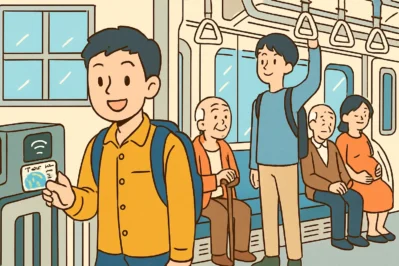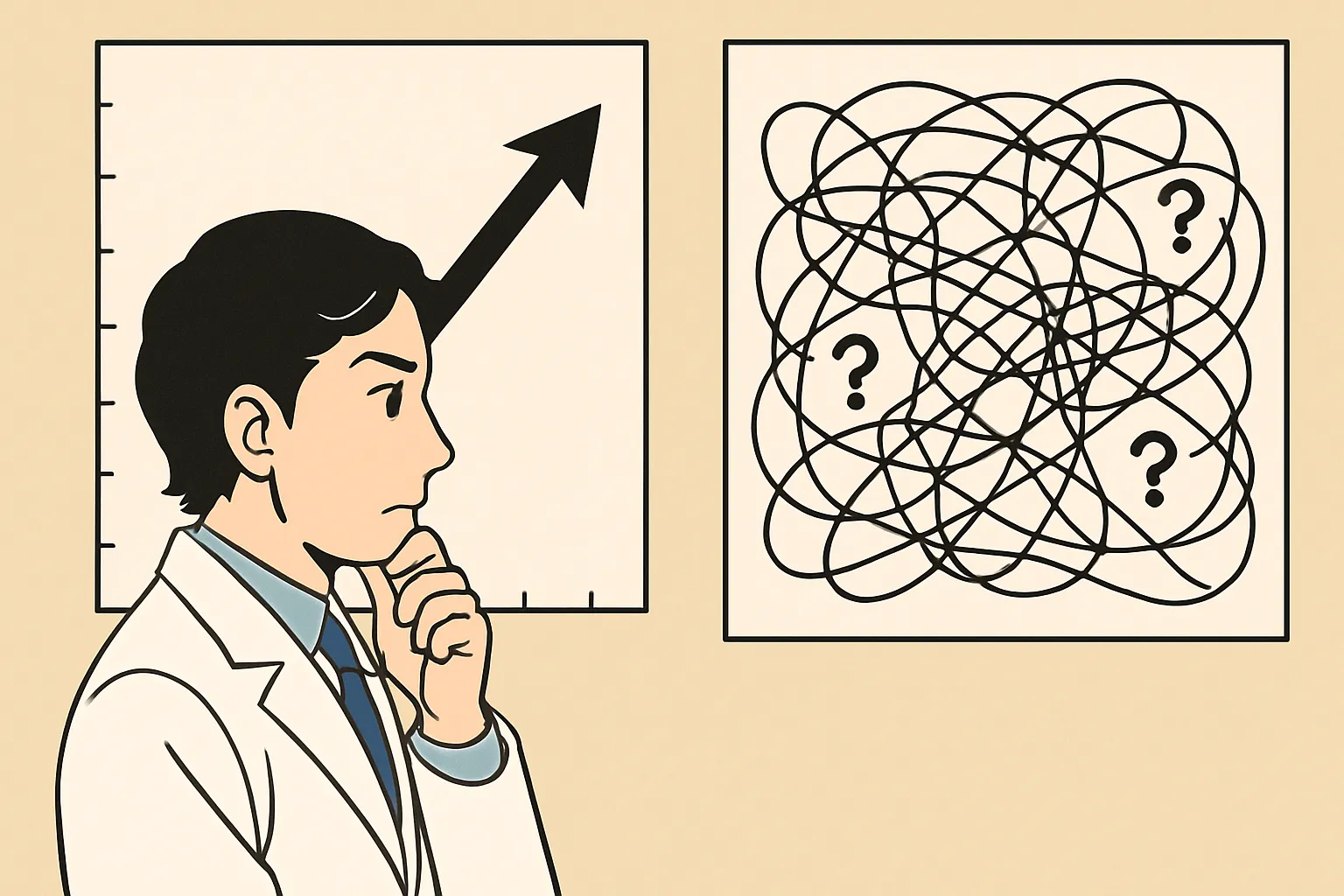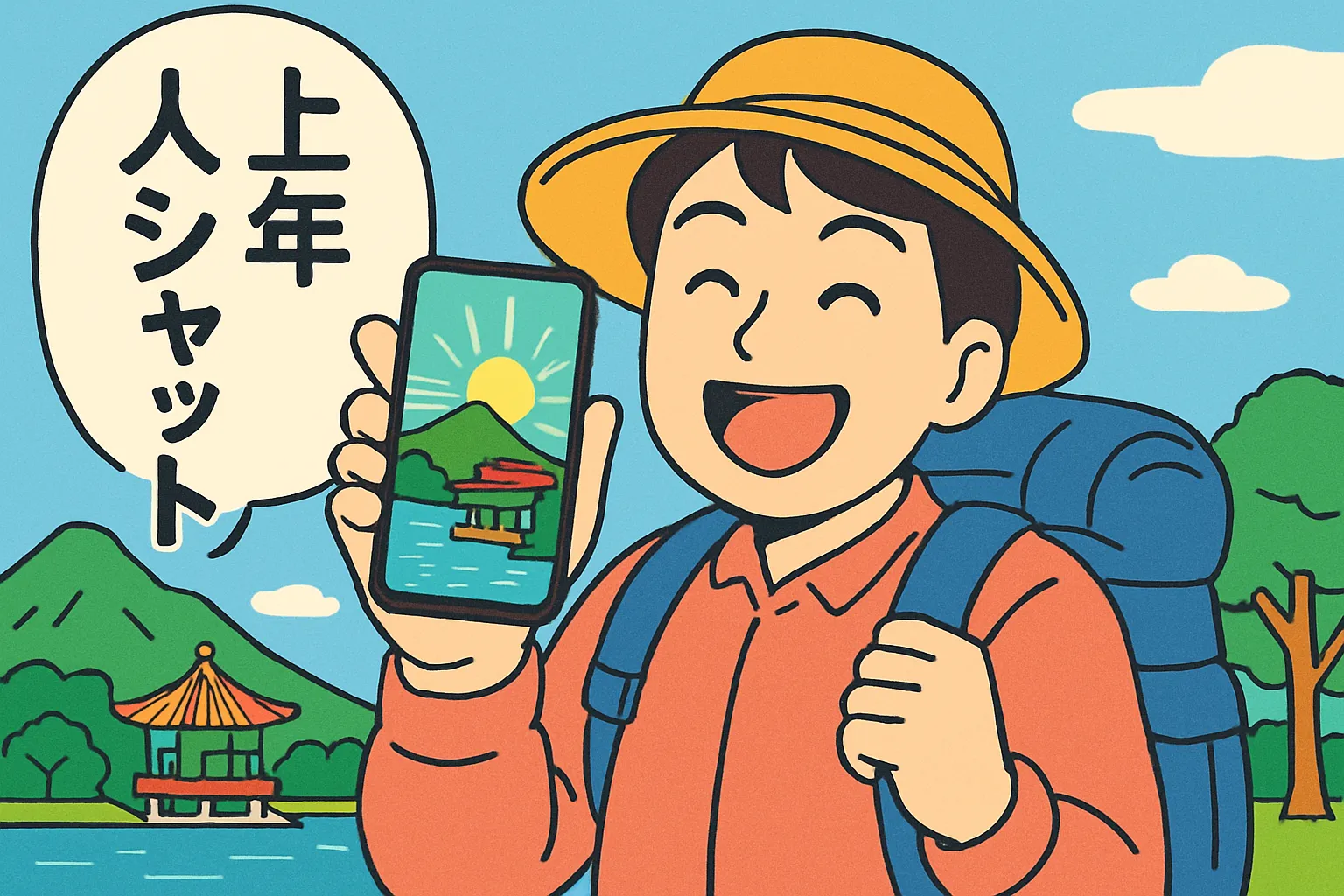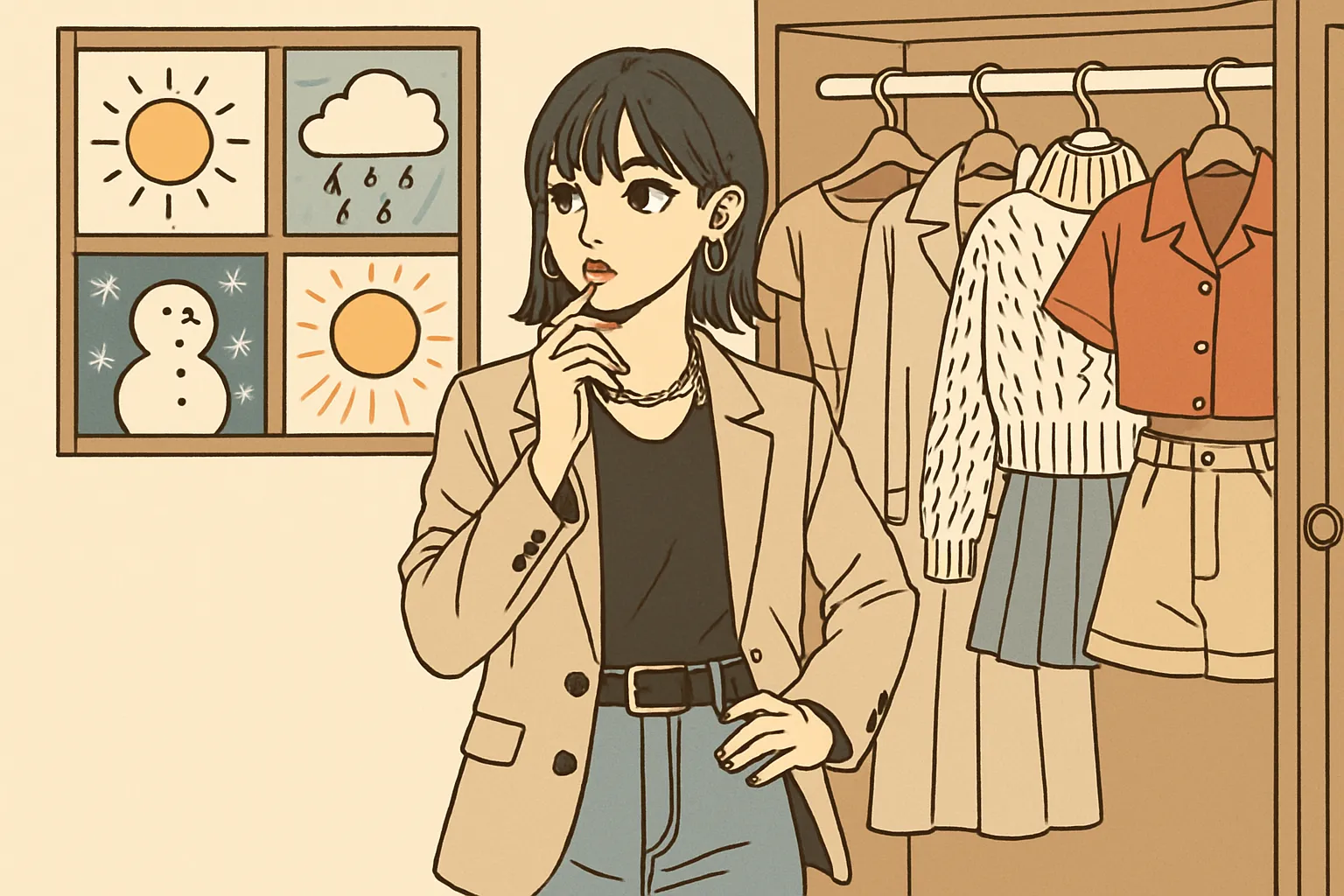Seoul Subway Pro: Master Rules for the ‘Climate Card’ Era!
Hello! It’s your favorite Korean language booster, Daily Korean, here to upgrade your skills!
Ever dreamed of navigating Seoul’s amazing subway system like a local? You’re in the right place! Today, we’re diving into the essential rules of Korean public transportation. This will not only make your travels smoother but also help you understand Korean culture on a deeper level.
Lately in Korea, everyone’s buzzing about the new “Climate Companion Card” (기후동행카드) in Seoul! It’s a pass that offers unlimited rides on subways and buses. With more people using public transport than ever, knowing the etiquette is super important. Let’s learn how to ride like a pro!
Key Expressions You Must Know!
Here are the phrases that will make you a public transport master.
1. 교통카드를 찍다 (gyotong-kadeu-reul jjik-da)
- English Meaning: To tap your transportation card.
- Detailed Explanation: This is the most fundamental action!
찍다literally means “to stamp” or “to tap.” You do this when you enter the ticket gate and also when you exit. Why? The system calculates your fare based on the distance you’ve traveled. If you forget to tap out, you might be charged the maximum fare on your next trip!
2. 노약자석 (no-yak-ja-seok)
- English Meaning: Priority seating.
- Detailed Explanation: This is a very important cultural rule. These seats, usually at the ends of the subway car, are reserved for the elderly (
노인), the disabled (약자), pregnant women, and people with infants. Even if the train is packed and these seats are empty, younger, able-bodied people will stand rather than sit here. It’s a sign of respect. You’ll also see special pink seats designated specifically for pregnant women!
3. ~으면 안 되다 (~eu-myeon an doe-da)
- English Meaning: You shouldn’t… / It’s not allowed…
- Detailed Explanation: This is the go-to grammar pattern for talking about rules! You attach it to a verb stem to say something is prohibited.
- Verb stem ends in a vowel (e.g., 하다 ha-da) ->
하면 안 되다(ha-myeon an doe-da) - Verb stem ends in a consonant (e.g., 먹다 meok-da) ->
먹으면 안 되다(meo-geu-myeon an doe-da) - Example: 음식물을 먹으면 안 됩니다. (You are not allowed to eat food.)
- Verb stem ends in a vowel (e.g., 하다 ha-da) ->
4. 환승하다 (hwan-seung-ha-da)
- English Meaning: To transfer.
- Detailed Explanation: Seoul’s public transport system is famous for its easy transfer system. You can transfer between subway lines, or from a subway to a bus (and vice-versa), often for free or a small additional fee, as long as you do it within 30 minutes of tapping your card.
환승is the noun for “transfer.”
Example Dialogue in Action!
Let’s see how these expressions are used. Alex is visiting his friend Minjun in Seoul.
A (Alex): Wow, the subway is so clean! Oh, look, an empty seat.
와, 지하철 진짜 깨끗하다! 어, 저기 자리 비었다.
B (Minjun): Wait, Alex! 저기는 노약자석이야. 젊은 사람들은 앉으면 안 돼.
Wait, Alex! That’s priority seating. Young people shouldn’t sit there.
A (Alex): Oh, I see! Thanks for telling me. So, when we get off, do I need to 교통카드를 찍어야 돼?
아, 그렇구나! 알려줘서 고마워. 그럼 내릴 때 교통카드를 찍어야 돼?
B (Minjun): Of course. You tap in and tap out. Then we have to 환승해야 돼 to a bus to get to the new cafe that was on that drama, “Queen of Tears.” With my new Climate Card, it’s all one price!
물론이지. 들어갈 때랑 나올 때 다 찍어야 돼. 그리고 그 드라마 ‘눈물의 여왕’에 나온 새 카페 가려면 버스로 환승해야 돼. 내 기후동행카드로는 다 공짜야!
A (Alex): That card sounds amazing! So convenient.
그 카드 진짜 좋다! 정말 편하네.
Culture Tip & Trend Deep Dive
The Unspoken Rule of the 노약자석 (noyakja-seok)
As we learned, the priority seats are a big deal. While there’s no law forcing you to give up the seat, it’s a powerful social norm rooted in Confucian values of respecting elders. Sitting there when you’re not supposed to will earn you some serious glares!
The “Climate Companion Card” (기후동행카드) Trend:
This card, introduced in Seoul in early 2024, is a hot topic. It’s part of a government initiative to promote eco-friendly transportation and ease the financial burden of commuting. For a flat monthly fee, users get unlimited access to most subways and buses in Seoul. You’ll see K-drama characters and idols seamlessly using public transport, and this card is making it even more popular among young Koreans who are both environmentally and budget-conscious. Knowing about this card shows you’re up-to-date with life in Seoul!
Let’s Practice!
Time to check your understanding. You can do it!
1. Fill in the blank:
When you transfer from the subway to a bus, you say you are going to ______.
(A) 찍다 (jjik-da)
(B) 환승하다 (hwan-seung-ha-da)
(C) 노약자석 (no-yak-ja-seok)
2. True or False?
It is okay to sit in the pink priority seat (노약자석) if the train is very crowded and you are tired. (True / False)
(Answers: 1-B, 2-False)
Great job today! You’re one step closer to navigating Korea with confidence.
Now it’s your turn! Try making a sentence using ~으면 안 되다. Leave it in the comments below!






